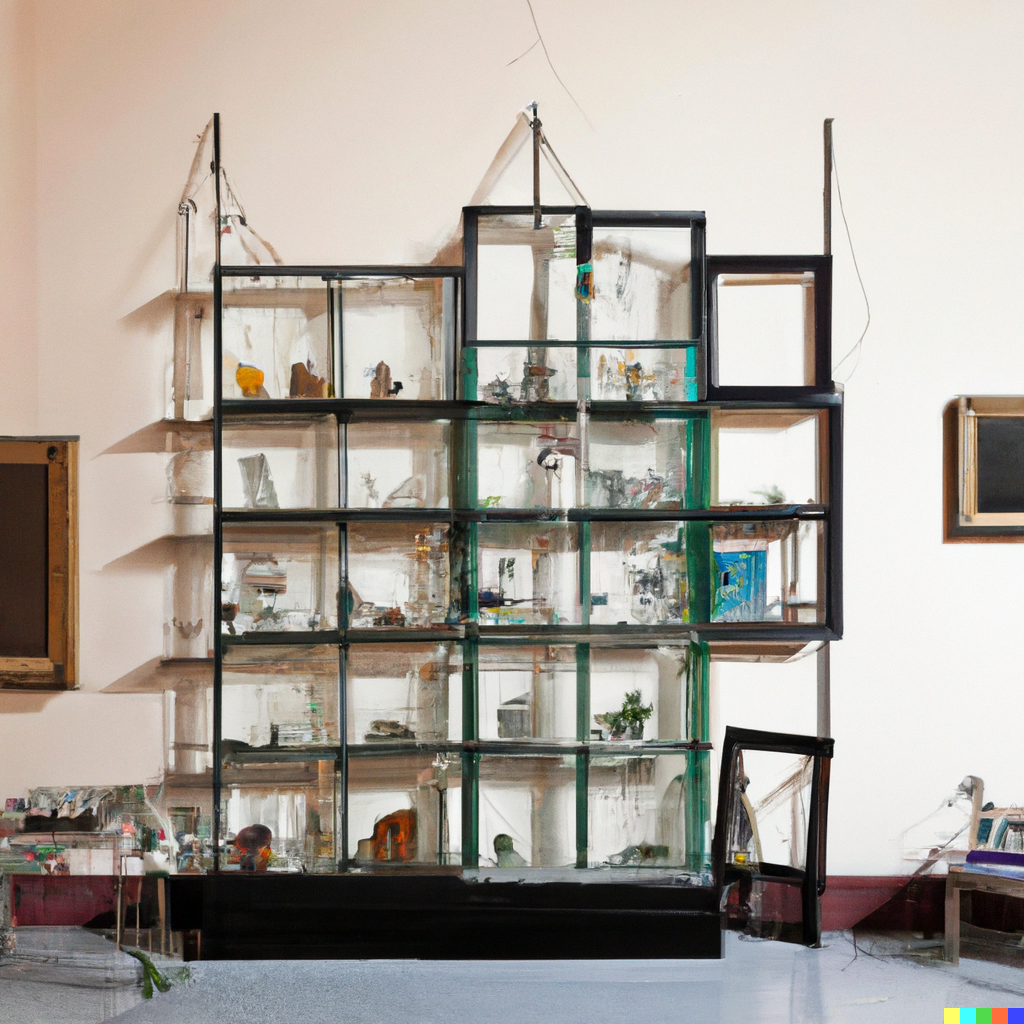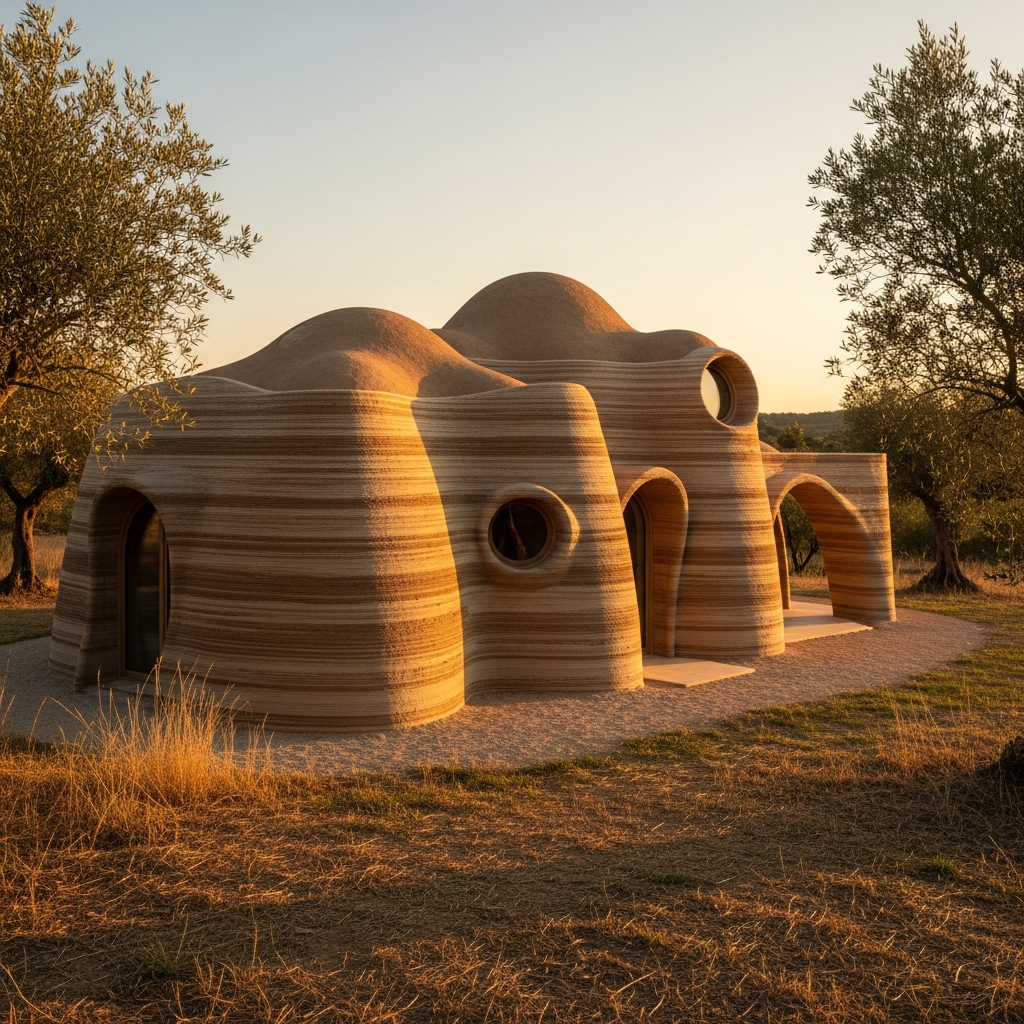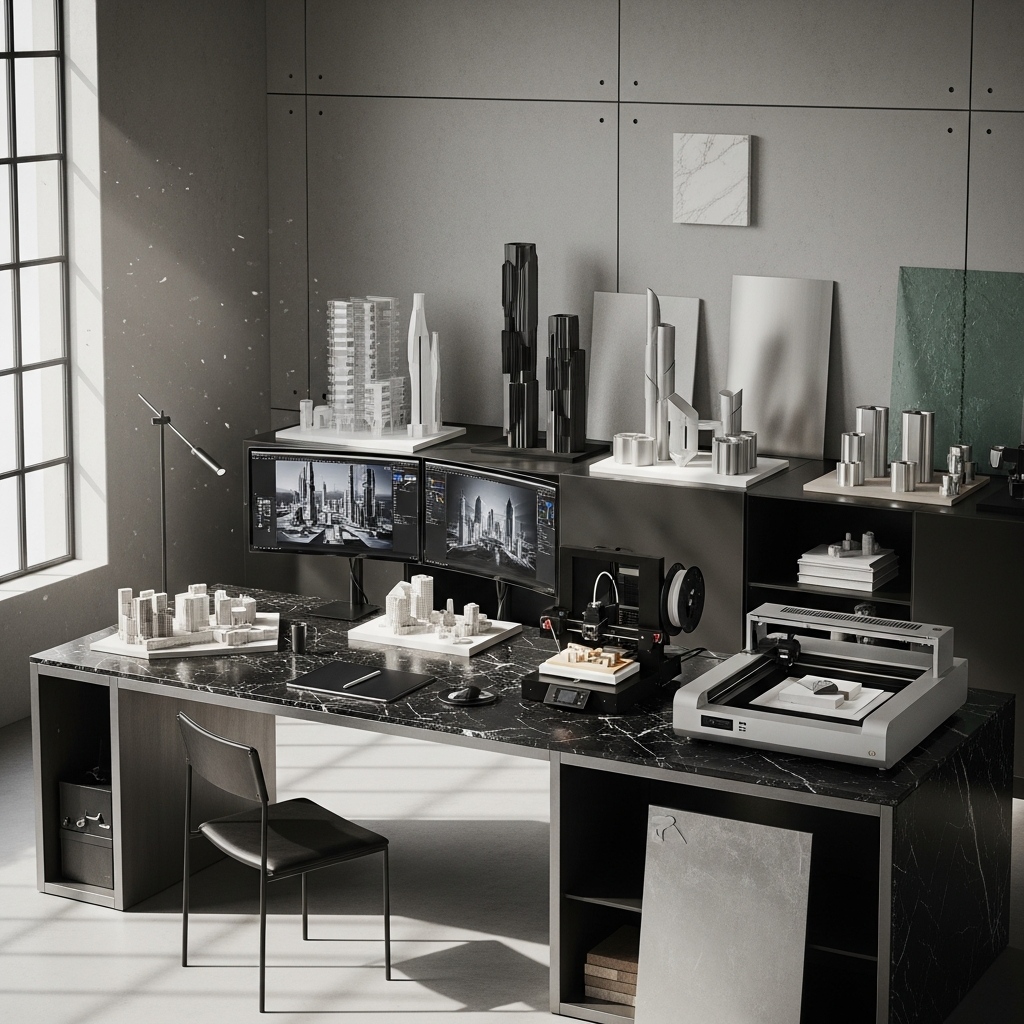Future-Proof Your Interiors: The Dynamic Role of Modularity in Furniture Design for Lasting Appeal

Embracing Sustainability in a Changing World
Are you seeking sustainable solutions in a world of rapid change and unpredictability? Embrace the captivating world of modularity in furniture design, a frontier promising not just style but an environmental-conscious approach to future-proofing your living spaces.
A Fresh Perspective on Adaptability and Durability
Modularity, a concept far from new, finds its roots in systems theory and industrial design. Yet, its implementation in furniture design brings a fresh, practical perspective to the user, reconciling adaptability and durability. Modular furniture design plays an undeniable role in shaping future interiors while emphasizing environmental sustainability and enhancing the user’s emotional connection with the space.
Promoting Longevity and Adaptability
By capitalizing on the innovative concept of ‘Design for Disassembly,’ modularity brings forth a solution to our throw-away culture. This design philosophy focuses on creating furniture pieces that are easy to take apart and reassemble, promoting longevity and adaptability. Modularity isn’t merely a design trend but an avant-garde philosophy. It’s the catalyst that creates a bridge from a linear economy to a circular one, fostering conscious consumption and responsible production.
Unleashing the Potential of Modular Furniture
Picture a modular sofa that you can reconfigure to cater to a small family gathering, a study session, or an evening soiree. Such furniture pieces stand tall against the backdrop of time and the uncertainties of lifestyle changes. Beyond their practicality, they tell a fascinating story of human-centered design, where functionality and aesthetics become inseparable allies.
A Pause for Reflection and Longevity
Moreover, modular furniture goes hand in hand with the principles of the increasingly popular ‘Slow Design.’ This approach encourages us to pause and reflect on our rapid consumption habits, urging us to consider the lifespan of our furniture pieces. The prospect of having furniture that evolves with us, altering and adjusting to our changing needs, is indeed enticing.
Innovation and User Comfort
Let’s consider an example: Modos, a start-up that debuted at ICFF 2013, won the hearts of design enthusiasts with their easy-to-assemble, tool-free modular furniture. Combining the best of design innovation and user comfort, their pieces illustrate the profound impact modularity has on our daily life experiences.
Reducing Waste and Carbon Footprint
Undeniably, embracing modularity in furniture design also contributes to the broader mission of preserving our planet. Given its compatibility with sustainable materials and manufacturing processes, it allows us to contribute positively to reducing our carbon footprint. Modular pieces reduce waste by offering a system that thrives on the idea of rearrangement and repurposing rather than disposal and replacement.
Shifting Towards Sustainable Living
It’s evident that modularity in furniture design is not just an aesthetic choice but a commitment to sustainability and adaptability. As individuals, we must be willing to veer away from disposable culture, and as designers, we need to provide solutions that encourage this shift.
Modularity has the potential to revolutionize not just how we view furniture but also how we perceive our living spaces. We have the opportunity to see our homes as adaptive, flexible entities that change and grow with us. It’s about creating environments that respect our evolving needs and promote sustainability.
Moving forward, we must shift our focus from ‘designing for now’ to ‘designing for the future.’ In this regard, modularity is our ally, offering a furniture design model that values adaptability, longevity, and environmental sustainability. And while the challenge might seem daunting, the rewards are manifold.
Modular furniture design encourages us to rethink our habits, shifting from mindless consumption to mindful utilization. It’s the necessary step in our collective journey towards sustainable living and future-proofing our homes.





